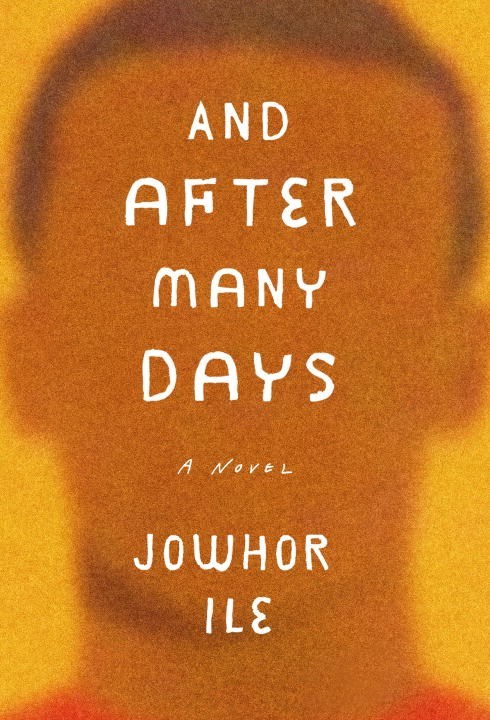What do you think?
Rate this book


256 pages, Hardcover
First published February 16, 2016
Now, this was what Ajie wanted, this way that Paul had of becoming something after he had read about it; this way he had of claiming things for himself. He had joined himself to a we, an us. A corrupt official had been exposed in the papers for misappropriating pension funds, and Paul was expressing betrayal, even anger, about it.
How do you make yourself do that? How do you learn how to work yourself up over something that's not directly your concern?
 come to my blog!
come to my blog!"Things happen in clusters. They would remember it as the year the Mile Three ultramodern market burned down in the middle of the night… It was the year of the poor. Of rumors, radio announcements, student riots and sudden disappearances. It was also the year news reached them of their home village, Ogibah, that five young men had been shot dead by the square in broad daylight."
Draw yourself a straight line, walk backwards on it to erase your footsteps and you will trip and crack your skull. Straddle the two sides of a stream and you will unhinge your hips. Be unstable as waters and you will not excel.
Like the pendulum on their parlour wall, they swung to both ends of dread and hope, but generally stayed in balance: no hysterical outbursts, no screaming and pounding the walls for answers, no silent bitter tears that soaked up the pillow when you lifted your head in the morning. There was just stillness. Something quiet crept about the house, made you feel a sudden chill and sprayed your arms and neck with unexpected goose rash.
Before the beginning of his memory, which was to say from the beginning of this life, there had always been the three of them. Paul and Bibi were the first people he saw, the first he touched. Everything he resented and liked, everything he knew, thought and felt, his smile and the angry pounding in his veins were all from them, and now, for the first time, taking notice of this made him feel incredibly lonely. The sort of lonely feeling that Bibi would have been tempted to slap out of him. Just the kind of thing that would have made Paul look at him in his usual bemused way and say, 'My friend, what are you saying? Please be serious'. But he sensed it that night, it hung about the room, the feeling that things may not always be like this, that they would one day grow up and live across town from each other like Ma and her cousin Aunty Julie or even die like all of Bendic's siblings whom he hardly ever spoke of. Paul turned around in his bed, the distant drumming had stopped, and mumbled something in his sleep, and Ajie was sure he could hear Bibi softly breathing from the room next door.
Few people, very few, have a treasure, and if they do they must cling to it and not let themselves be ambushed and have it taken from them.